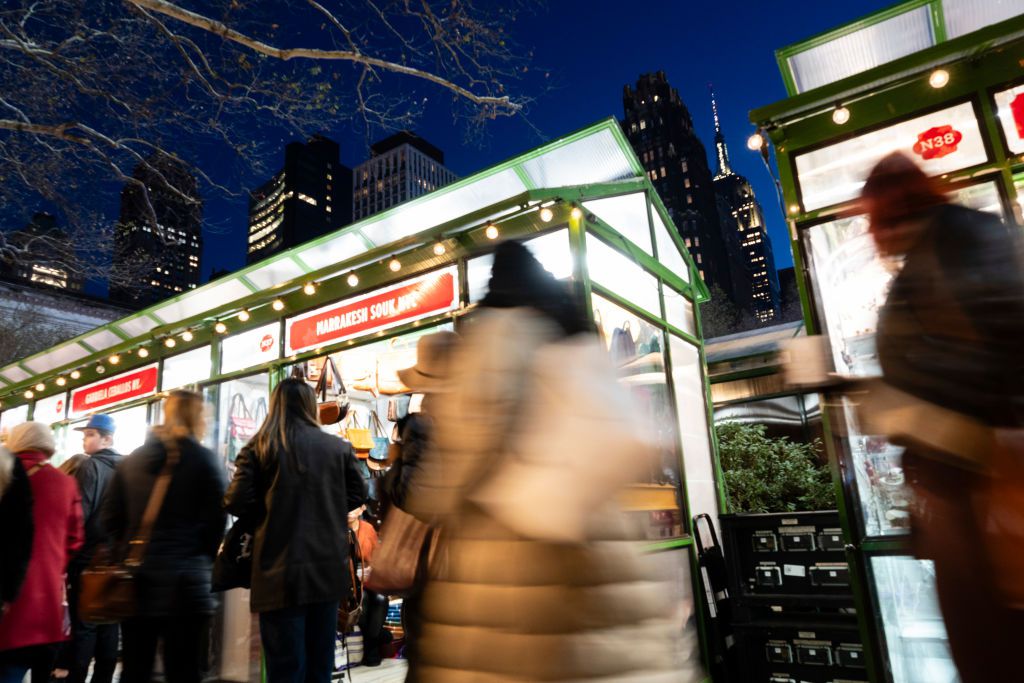Eilon Paz / Bloomberg via Getty Images
Economists don’t expect falling consumer confidence to dent the holiday shopping season this year.
-
Lagging consumer confidence is unlikely to hurt the holiday shopping season. Economists project that sales will climb for the end of the year.
-
While confidence is dropping for moderate incomes, it’s rising for high earners who are seeing big gains in the stock market, which is likely to boost sales this holiday season.
Rising inflation, a weak job market, the government shutdown and trade tensions have consumers on edge. Despite that pessimism, economists said consumers are prepared to keep spending ahead of the upcoming holiday season.
“These challenges may cause consumers to slow their roll but will ultimately not stop them from getting out and spending this season,” wrote Wells Fargo economists Tim Quinlan, Shannon Grein, and Andrew Thompson. “The very uneasiness that is spooking consumers may itself be a factor that drives consumption for households in search of comfort and a sense of normalcy.”
Consumer spending makes up about two-thirds of U.S. economic activity, helping to support jobs, wages, and financial markets. Any pullback can cause negative effects to ripple throughout the economy.
October’s consumer confidence survey, released earlier this week, showed a decline in sentiment, continuing a trend of poor results tied to Trump’s tariff announcements. The monthly Conference Board report showed that a weak labor market has consumers worried about future business conditions, wages, and job availability. It also indicated that holiday spending would fall this year.
But economists doubt shoppers will stay on the sidelines this season, with Wells Fargo projecting holiday retail sales to rise between 3.5% and 4% from last year.
“We have long cautioned against reading too much into confidence and sentiment as they do not always serve as reliable gauges for future consumer spending,” Wells Fargo wrote. “Retail therapy may be just the cure for households feeling low this holiday season.”
Big gains in the stock market are one element that could help fuel spending, wrote economist Grace Zwemmer of Oxford Economics, since higher-wealth individuals are responsible for the highest share of consumer spending.
“We expect retail sales will end the year on a high note, as wealthier, older households who have benefitted from stock market gains will drive holiday spending higher,” wrote Zwemmer. “We expect an outsized wealth effect, tax cuts, and lower interest rates to sustain a solid pace of consumption growth in 2026.”
Indeed, this week’s survey showed that consumers making more than $200,000 a year showed the biggest rise in consumer confidence, while it fell for respondents making less than $75,000 a year.
